Educating Bartenders Worldwide.
By Beverage Trade Network
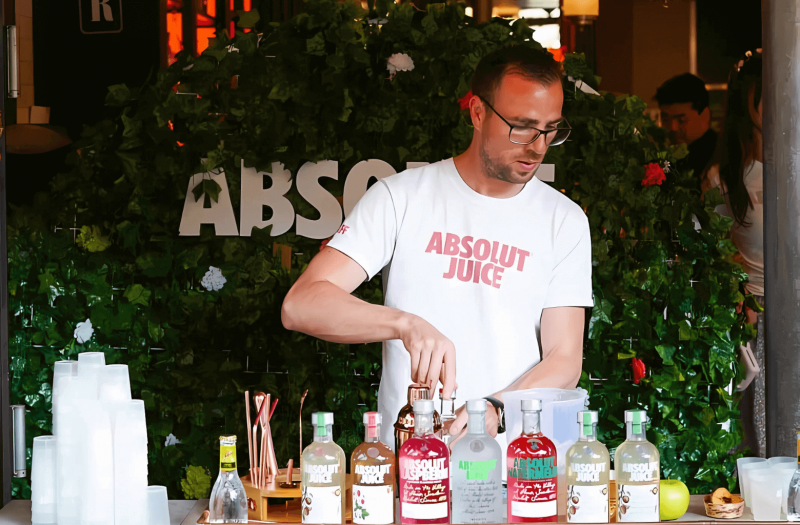
In the competitive beverage industry building brand awareness and driving customer engagement is crucial. As social media platforms and experiential marketing strategies evolve, beverage brands, bars, and restaurants have new opportunities in the highly competitive beverage market. Brand awareness and customer engagement are key to growth, especially as consumers increasingly seek memorable experiences over standard outings. With this shift, beverage brands, bars, and restaurants are exploring new experiential and digital marketing strategies to engage customers. From Instagrammable decor and influencer partnerships to exclusive tasting events, brands are crafting immersive experiences that fill seats and create lasting impressions. This article delves into effective marketing activations across the U.S. on-premise beverage sector, spotlighting trends, tactics, and success stories that showcase the power of experience-driven marketing. Through these strategies, brands aren’t just attracting attention, they’re fostering loyal, repeat customers who are eager to return for the next memorable experience with customers. By crafting immersive experiences and leveraging the right digital channels, brands can not only fill seats but create lasting impressions. This piece will explore the various approaches to marketing activations in the U.S. on-premise beverage industry, highlighting the latest trends, strategies, and case studies that illustrate the power of experience-driven marketing.
The on-premise world, which includes bars, restaurants, and other venues where drinks are sold and consumed, has faced significant changes over the past decade. Traditional marketing tactics, such as print ads or simple promotional discounts, are no longer enough to stand out. Consumers now look for unique, memorable experiences that add value to their night out.
a) Shift Toward Digital: Social media, influencer marketing, and digital ads are reshaping how brands and bars communicate with their customers. Platforms like Instagram, TikTok, and even LinkedIn have opened new channels for engagement, enabling brands to reach a broader, more diverse audience.
b) Experiential Marketing: This shift is fueled by experiential marketing, where brands create interactive events or settings that encourage customers to actively participate and share the experience. Whether it’s through branded pop-ups, cocktail tastings, or themed events, the goal is to create an emotional connection with guests that extends beyond the moment.
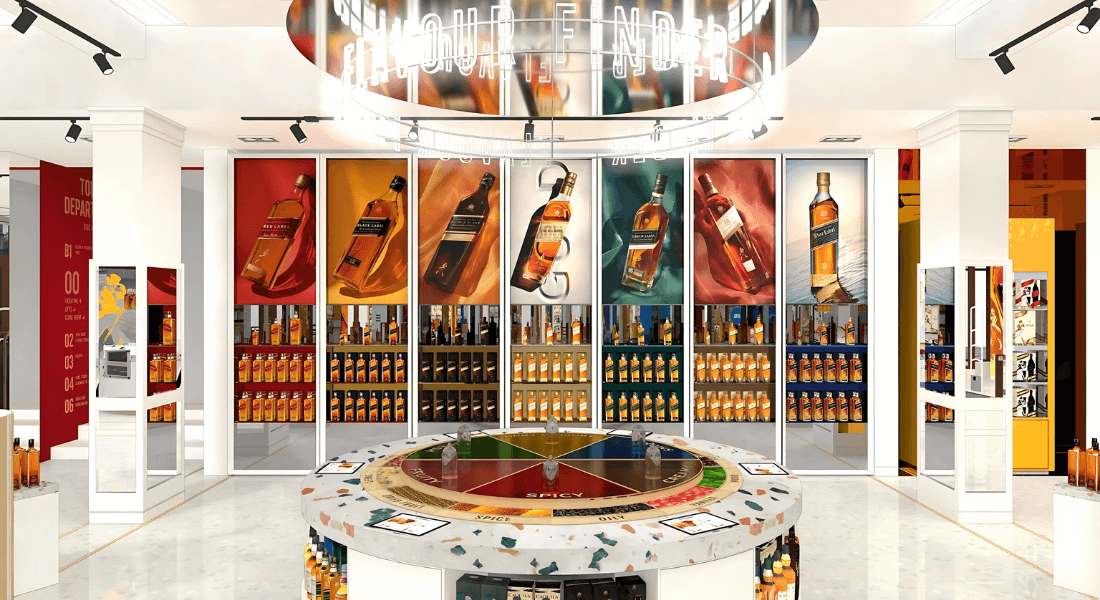
Source: Frame Magazine
Experiential marketing allows brands to connect with consumers on a personal level. In a bar or restaurant, guests are primed for interaction and enjoyment, making it an ideal environment for brand engagement.
a) Creating a Shareable Experience: Unique settings or experiences encourage guests to take photos and videos, which they then share online, extending the brand’s reach organically. Branded photo walls, interactive cocktail-making stations, and well-crafted decor can transform a regular night out into a memorable event.
b) Building Brand Loyalty: Personalized, memorable experiences encourage repeat business and build brand loyalty. When a guest has a positive, unique experience, they are more likely to return to the venue and continue engaging with the brand on social media.
c) Enhancing Brand Identity: Experiential marketing also allows brands to showcase their personality. A whiskey brand might create a rugged, vintage-themed pop-up bar, while a sparkling wine might host a glamorous rooftop event. This approach allows brands to communicate their story and values more effectively than traditional advertising.
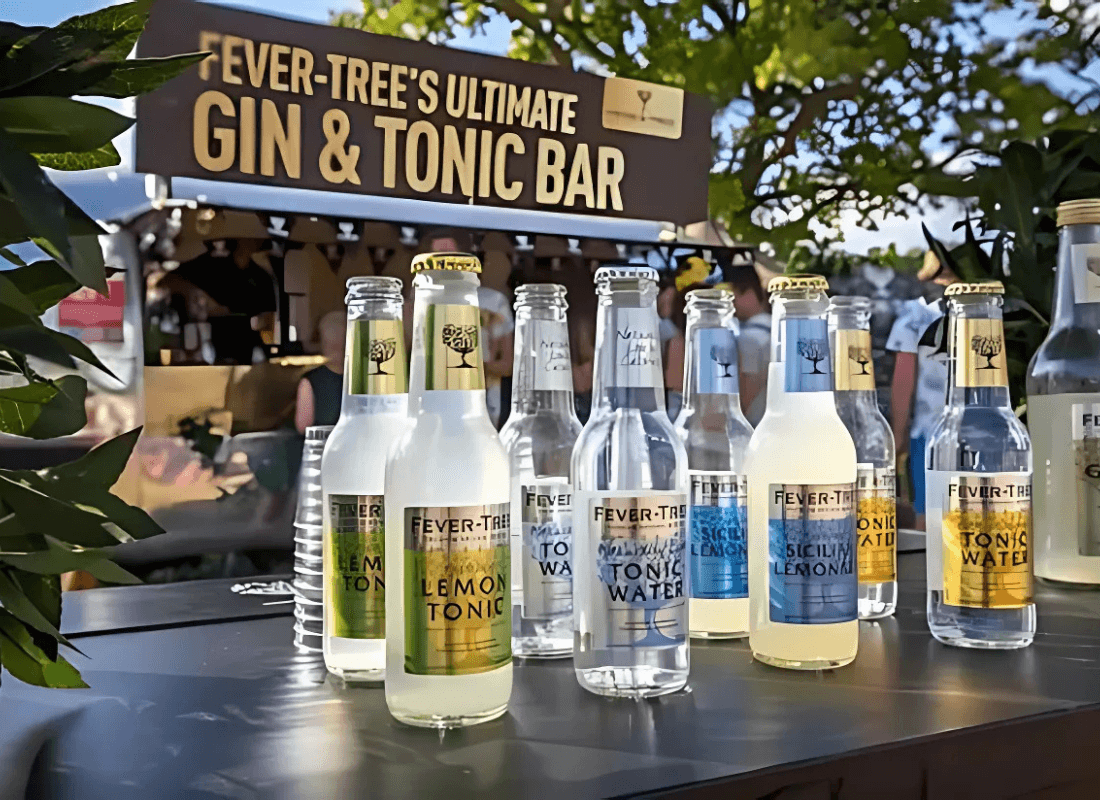
Source: Jozi Bars
To make an impact, beverage activations must be well-executed, relevant, and engaging. Here are some essential elements that contribute to a successful marketing activation.
a) Audience Targeting and Personalization: Knowing your target audience is crucial. Different demographics respond to different types of experiences, so it’s essential to tailor the activation to match the preferences and interests of the target audience.
Millennials and Gen Z: Younger consumers often prefer interactive and social experiences. This might include custom drink stations, mixology workshops, or themed photo opportunities that are visually appealing and easy to share online.
Upscale Audiences: For high-end brands targeting an older, more sophisticated crowd, experiences like private tastings, exclusive dinners, or educational events about the brand’s history or production process can be effective.
b) Social Media Integration: With the rise of platforms like Instagram, TikTok, and Snapchat, visual appeal is paramount. Integrating social media elements can amplify the reach of an activation and drive online engagement.
Branded Hashtags: By creating unique hashtags for events or activations, brands can encourage guests to share their experiences online, helping to spread the word organically.
Influencer Partnerships: Working with influencers can provide an added boost, as they bring a built-in audience that is already engaged with their recommendations. This strategy can be particularly effective for product launches or new bar openings.
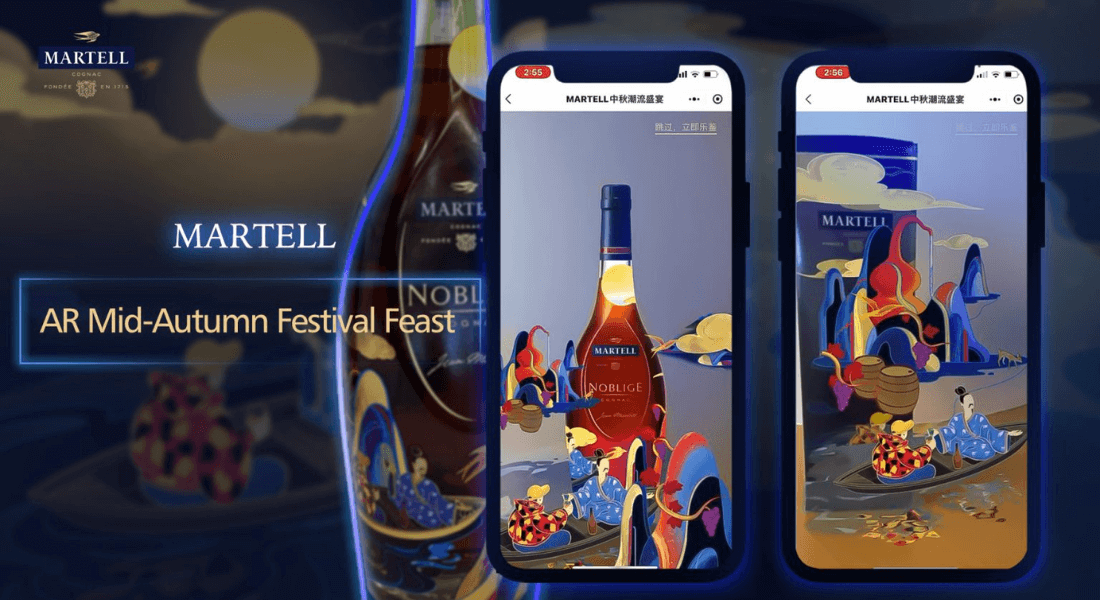
Source: Kivisense
c) Immersive and Multi-Sensory Experiences: Offering a multi-sensory experience can elevate a simple night out into something unforgettable. For instance:
Aromas and Tastes: Custom cocktails or limited-time menu items featuring local or seasonal ingredients can add a sensory dimension. Offering free samples or small-batch drinks exclusive to the event can enhance this experience.
Interactive Stations: Whether it’s a DIY garnish bar, a virtual cocktail-making class, or a VR experience of the distillery, interactivity engages guests more deeply than passive consumption.
d) Leveraging Technology for Personalization and Engagement: Innovative use of technology, from QR codes that link to cocktail recipes to augmented reality (AR) that transforms the experience, adds a fresh dimension to traditional activations.
AR and VR: Some brands are experimenting with AR experiences, such as augmented cocktail menus where guests can learn about the ingredients, brand stories, or tasting notes through their smartphones.
Data-Driven Personalization: By gathering data on customer preferences, bars, and brands can tailor their offerings. A loyalty app that tracks orders and recommends cocktails based on past choices can create a more personalized experience.
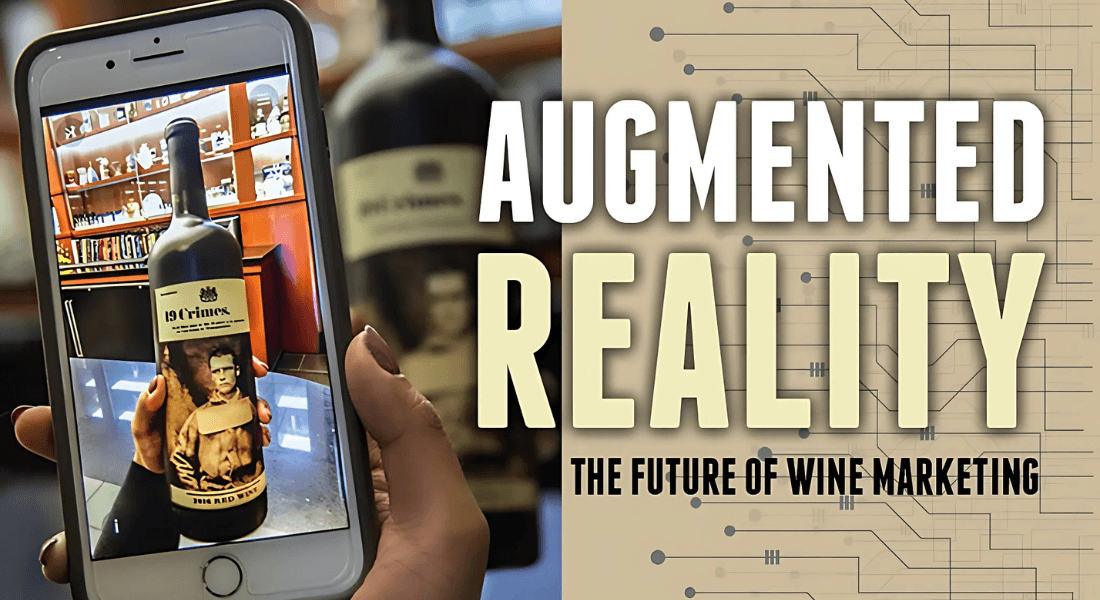
Source: Breakthru Beverage Group
a) Patrón Tequila’s AR Experience: Patrón launched an AR experience called “The Patrón Experience” that allowed users to take a virtual tour of their distillery in Mexico. The campaign reached a wide audience online, driving both engagement and brand awareness.
b) Absolut’s #AbsolutNights: To connect with younger consumers, Absolut created a campaign that centered around the idea of transforming ordinary nights into extraordinary experiences. By partnering with influencers and organizing themed events across different cities, they successfully created a series of memorable, shareable experiences.
c) Heineken’s Star Serve: To enhance customer experience at bars, Heineken launched its “Star Serve” competition and training program for bartenders, focusing on the perfect pour. This investment in training staff directly improved customer experience, reinforcing Heineken’s brand reputation for quality.
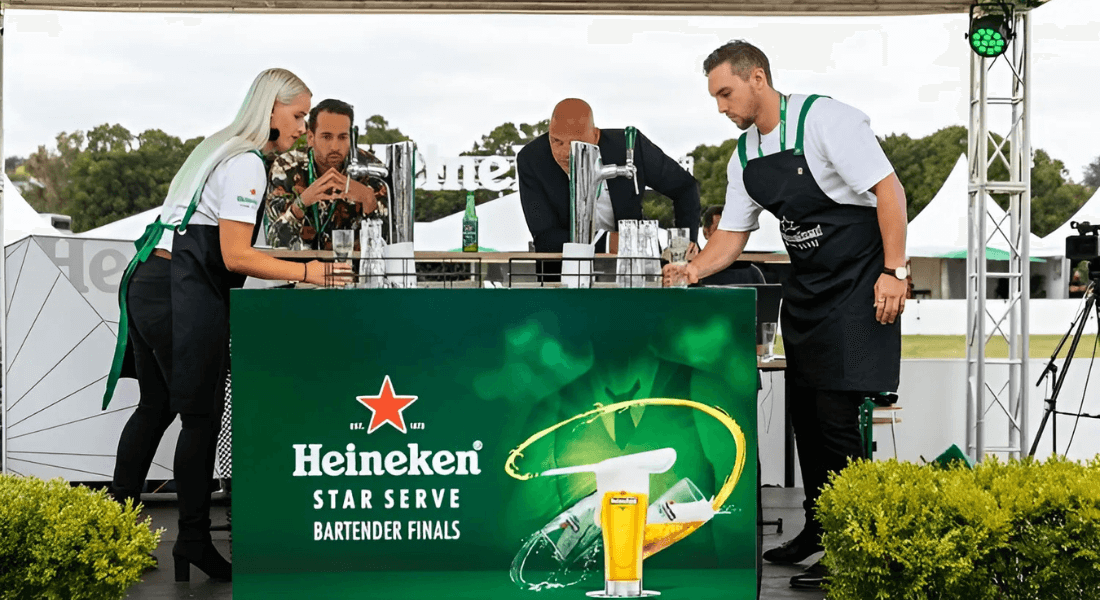
Source: Tristan
As the beverage industry evolves, several trends are reshaping on-premise marketing. Sustainability initiatives are increasingly popular, with bars and brands adopting eco-friendly practices like ethical sourcing, reusable glassware, and compostable materials. This shift not only meets consumer demand but also fosters brand loyalty through environmental responsibility. Another key trend is the rise of hybrid events, blending in-person and digital experiences to reach a wider audience while retaining the intimate feel of live gatherings. This flexible format allows brands to connect with both local and distant guests. AI-driven personalization is also transforming customer engagement, enabling hyper-targeted drink recommendations, interactive chatbots, and customized experiences. AI helps brands build stronger relationships with customers by personalizing their journey before, during, and after a visit. Together, these trends indicate a shift toward more personalized, accessible, and environmentally conscious on-premise experiences in the beverage industry.
[[relatedPurchasesItems-31]]
Building buzz for brands and bars in the beverage industry requires a strategic blend of experiential marketing, digital engagement, and data-driven personalization. Focusing on creating unique, memorable experiences that resonate with target audiences, beverage brands, and venues can foster deeper customer connections and drive business growth. As technology advances and consumer preferences shift, brands will continue to innovate and redefine what it means to create unforgettable on-premise experiences. Ultimately, the future of on-premise beverage marketing lies in crafting experiences that are not only engaging but also meaningful, sustainable, and, above all, memorable.
Header Image Source: Elevate
Also Read:
Nine Spirits Trends You Can Expect in the 2025 U.S. Drinks Market
Leading Drinks Media Agencies: Driving Success in the Beverage Industry
Artisanal Spirits Importers in the USA: A Gateway to Craftsmanship and Authenticity